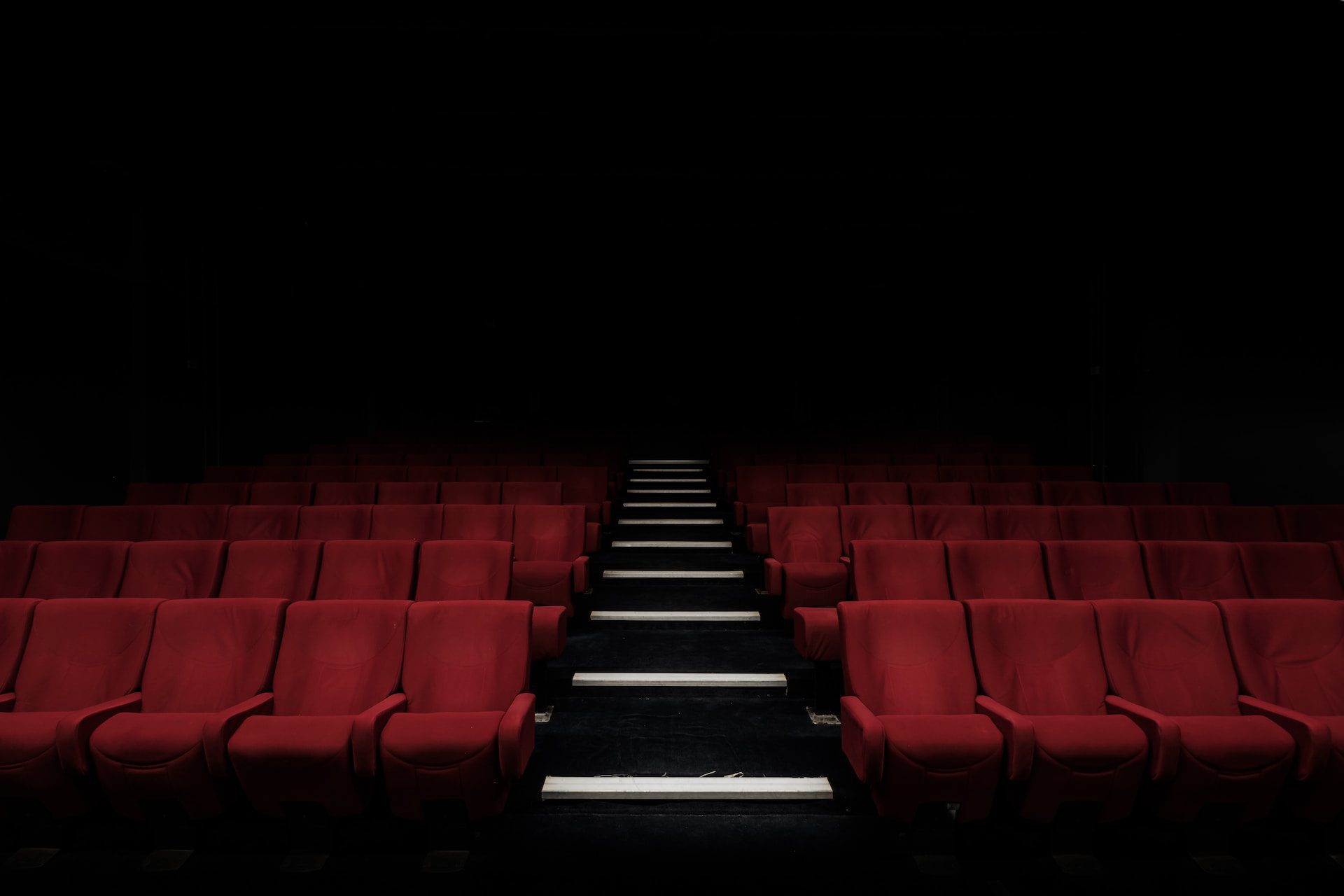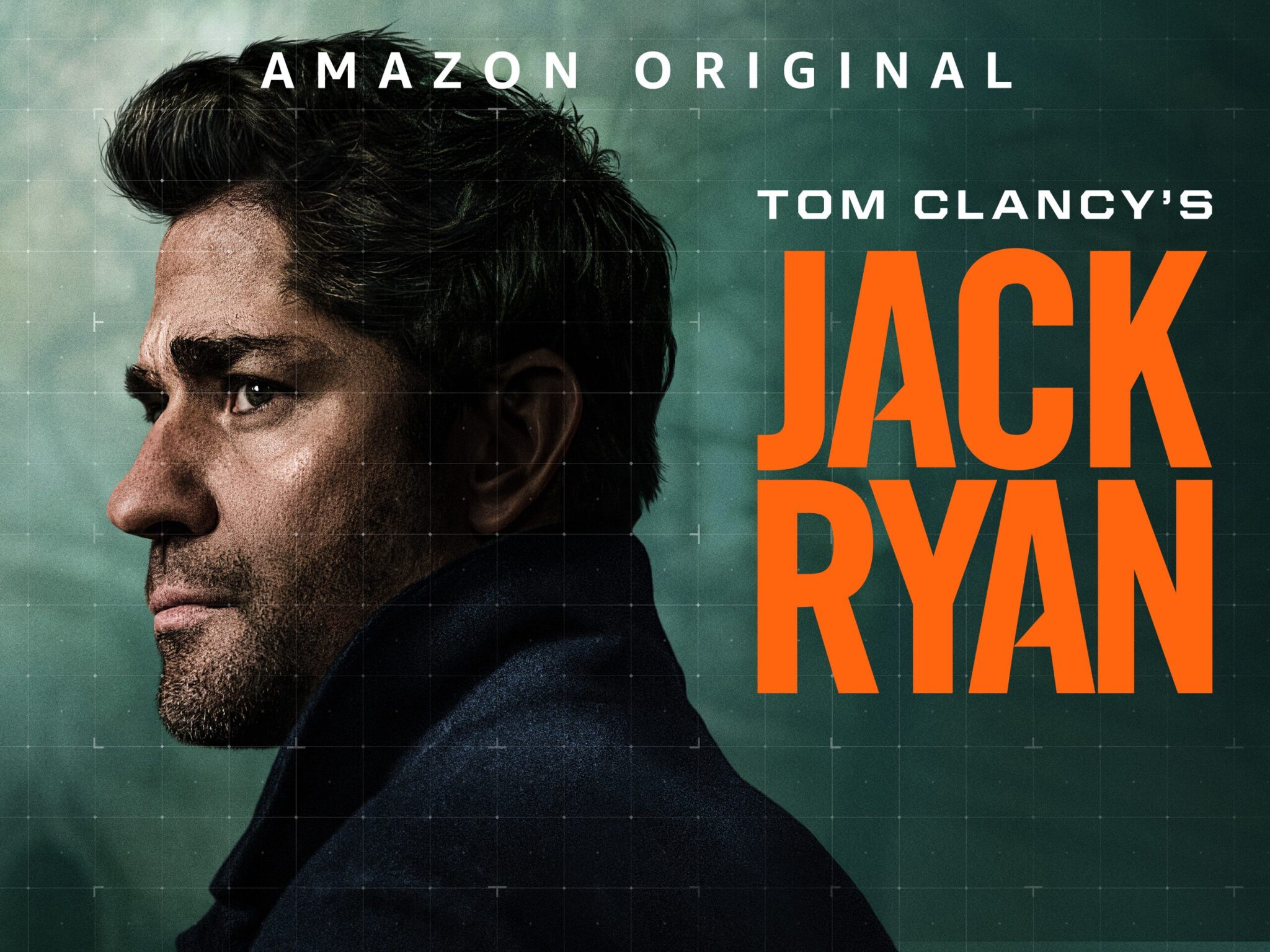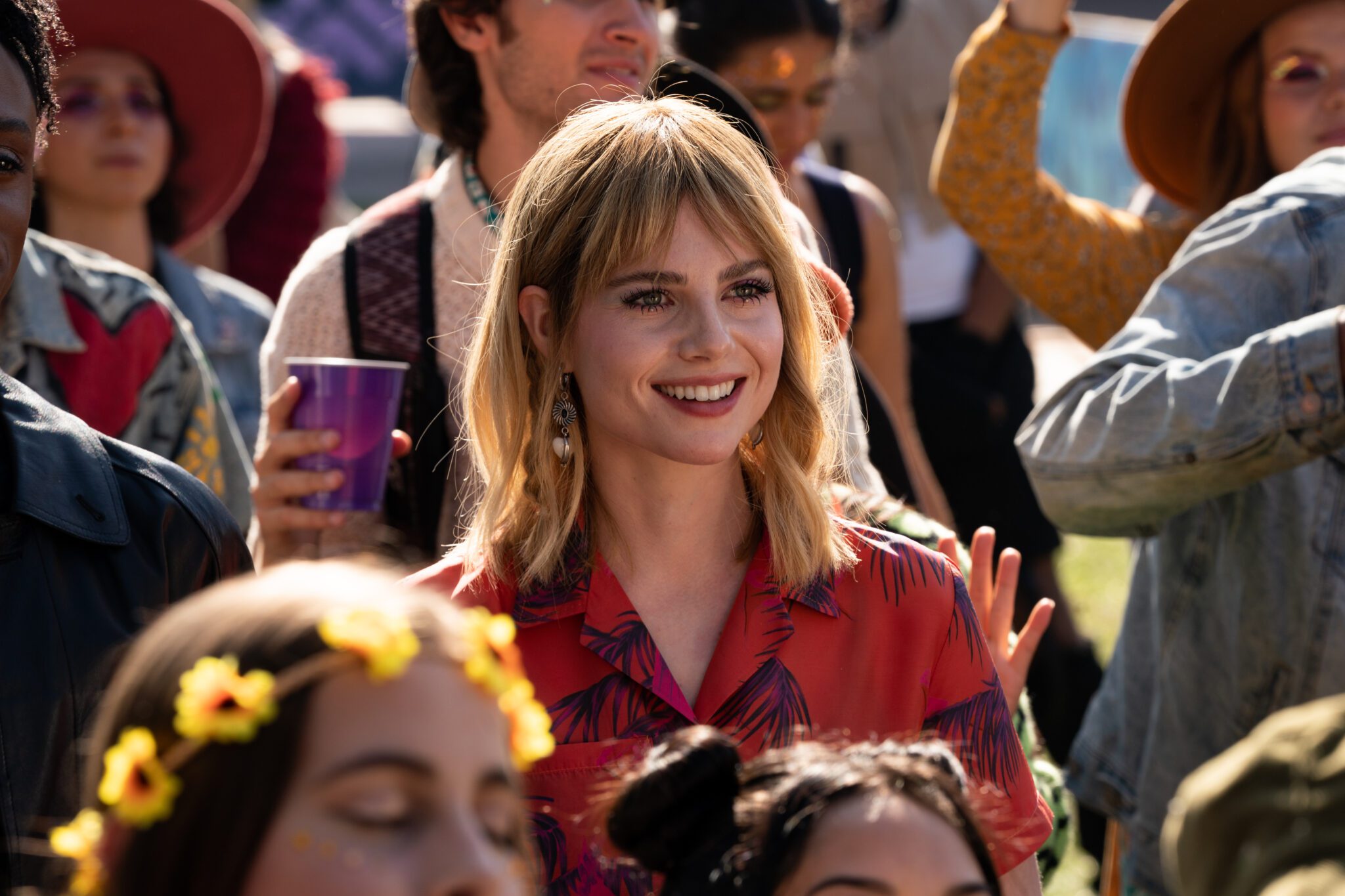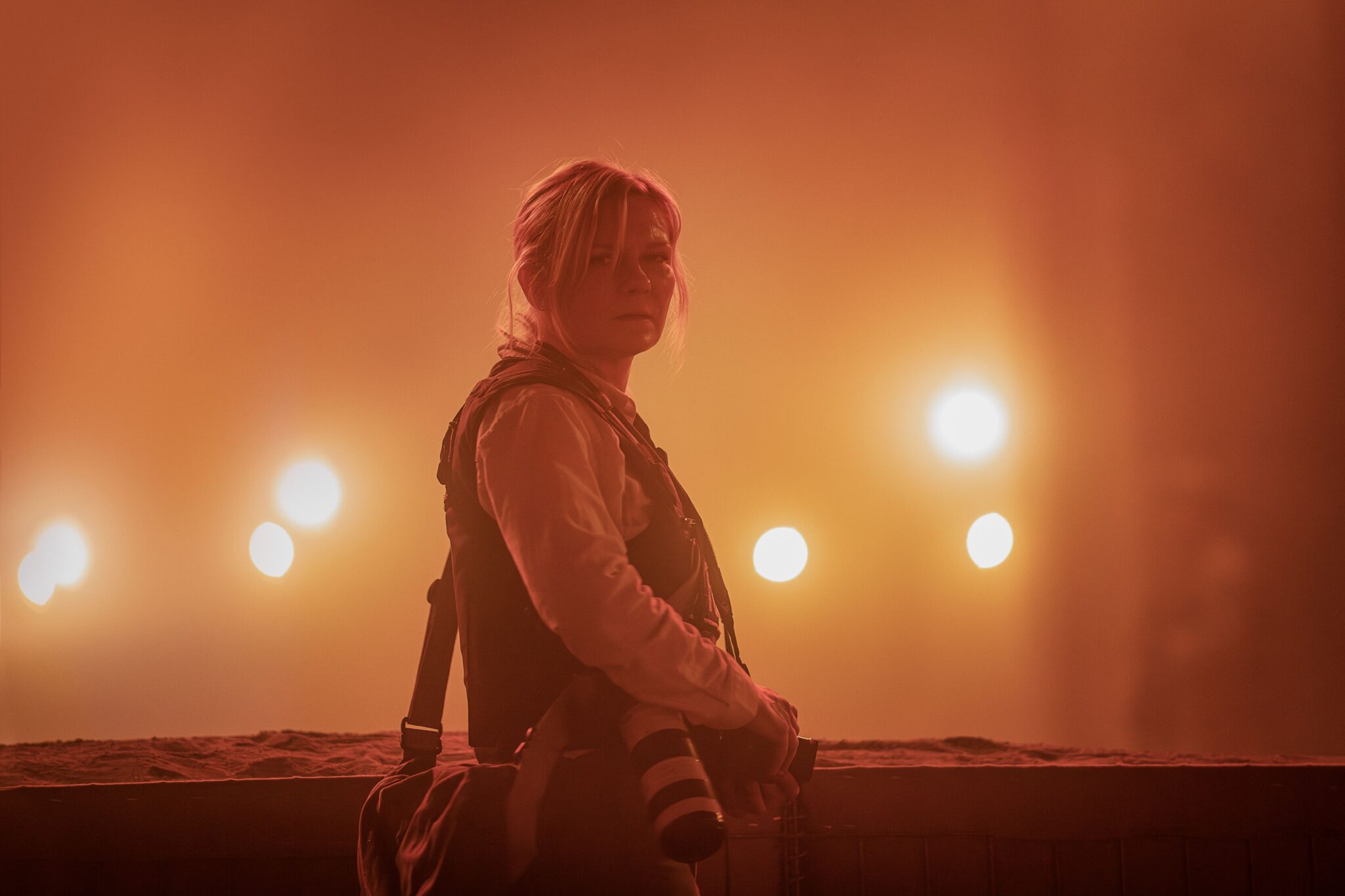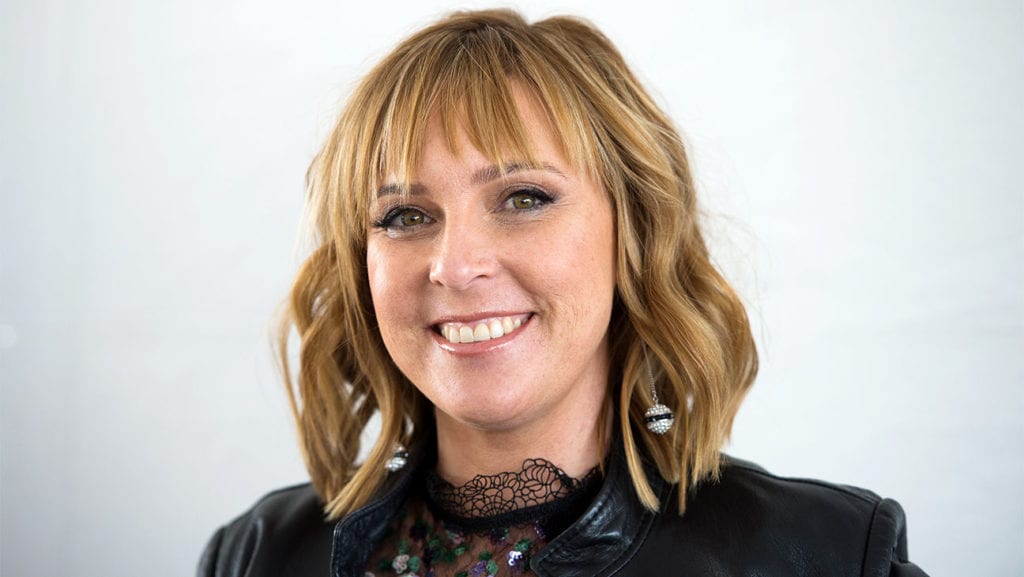
Breaking into the ?boys club? is never easy.
Even as things begin to improve due to recent movements surrounding women in the Hollywood, the power still remains predominantly in the hands of the men in the industry. Interestingly, while many of these conversations have surrounded gender equity in filmmaking and production, what about the world of film criticism?
Enter The Cherry Picks.
Developed by Miranda Bailey, TheCherryPicks.com seeks to create space for female-identifying and non-binary critics to find their voice. By highlighting reviews and creating original stories, Cherry Picks has started to bring a little more balance into the primarily male-dominated world of film criticism. Asked how the idea came about, Bailey recalls that the development of the site stemmed from the realization that, even though it seemed obvious, no one else was providing a platform for alternative critical expressions.
?The question is ‘why didn’t anybody else think of this?’,? she laughs. ?It came about because I was looking for something like this. I had produced a movie [called] I Do Until I Don’t, which was Lake Bell’s second feature film. It was about women and geared towards women. It was friendly towards love. It didn’t make any grandiose political statements or anything like that and a lot of the male reviewers when they were reviewing it were saying things about how disappointed they were with Lake. It was like she was their daughter or something and it was just like really weird. Some of the female reviewers talked about it, and they didn’t necessarily score it any better, but they talked about it differently. They actually talked about the film part. And a lot of my friends who aren’t in the industry who are women really liked it… So, I was like, ?Oh, well let me find out what all women think and what’s the women’s score of that for critics?.?
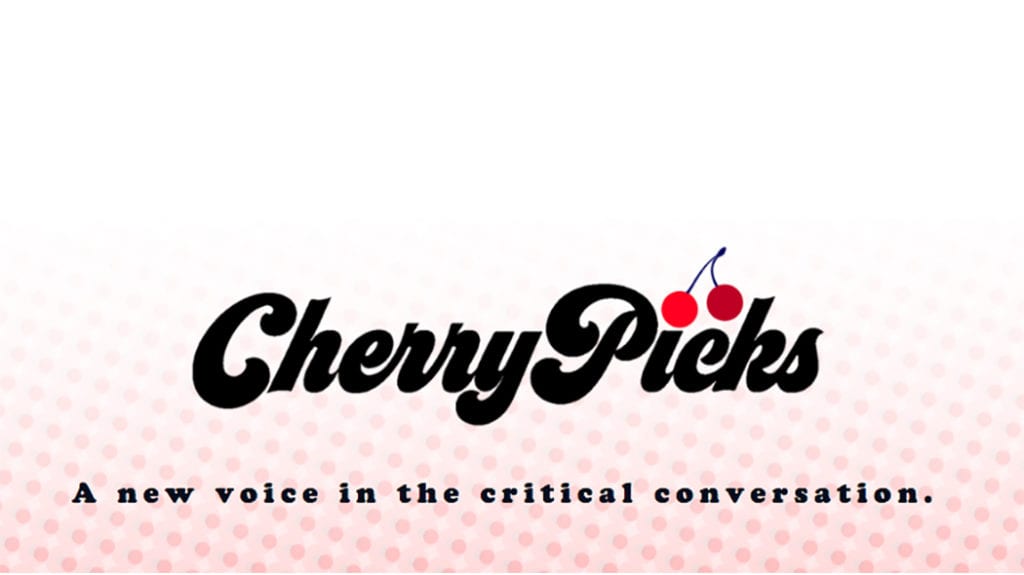
?And then I couldn’t find it. I found some organizations that had female critics that belong to it, but you’d have to like go and read each one. But those weren’t necessarily Rotten Tomatoes certified critics and you couldn’t figure out a score? When I was looking a little deeper, I realized that, at that time which was about three years ago, like 78% of the critics were men. I think they’ve gotten it to like 60 something now… How are we ever going to do what we say we want to do in Hollywood, which is have more women behind the camera and have more female stories, if consumers are hearing what is worth their money from mostly men? So [Cherry Picks] was kind of a way to start something that would help female critics get more noticed, get more jobs, get more hired. But it was also a way for me to affect the consumer market to prove that there actually is an audience for film by and about women. We collect the scores of all of the critics that on every movie, [including those that are] non-binary or identify as female. We do Ford v Ferrari, also. We collate from that as well. So, it’s not only about women movies, but it’s just about what women think these movies that are out there. So, you know, it’s a ‘for everyone, by women’ kind of thing.?
Even though she believes that its essential for stronger diversity in the circles of film criticism, Bailey also explains that the ?female voice? is never the same across the board. With the development of Cherry Picks, Bailey?s vision is simply to provide an alternative opinion in a male-dominated industry.
?I think everyone’s an individual,? she explains, ?so I don’t think [that] all men think one way. All women, all Republicans, all Democrats, all blacks or whites or whatever. I don’t think that way, but think about it like magazines, right? Like I don’t really read GQ magazine. I’m not the demo for that. I know most guys don’t read Marie Claire, right? So, it’s really just about interests and whatnot. I could read a GQ magazine, if I wanted to. A guy could read Marie Claire, if they wanted to do. I just wanted to present something that you could read, if you wanted to.?

From Instagram Live interviews to written reviews, Bailey is clearly excited about the variety of ways that Cherry Picks is bringing their voice to the public. Viewing themselves as a ?film-friendly? site, Bailey recognizes that even bad movies deserve a place in our hearts.
?Cherry Picks has a newsletter that comes out every Friday that kind of tells you what to watch right now,? she beams. ?Obviously, we’re focused on movies that are playing at your home, but they’re new movies and it’s great. You can go to the movie pages, [and] see the scores [from] female critics, and how they’ve been curated. We have a ?bowl of cherries?, which is like ‘run, don’t walk’. Two cherries, [means] that it’s worth the ticket. One cherry [means] catch it from your couch, but maybe not worth going to see. (Fortunately, all of us are on our couches now.) And then there’s the ‘pits’, which is pretty self-explanatory. For myself, as a filmmaker or a woman, I don’t know which one is talking here. Maybe it’s the combo, but I love ‘pitty’ movies. That’s kind of our motto. Everyone loves a ‘pitty’ movie now and then. So, it’s a very film-friendly site as opposed to something that [says] ‘Don’t see this. It’s garbage.’ I love some garbage. I mean, The Hot Chick is one of my favorite movies of all time… Our Instagram is doing Instagram Lives with a lot of actresses right now, and female filmmakers every day, every Tuesday and Thursday at one o’clock. Instagram Live. It’s really fun and it’s fun to make that new content, I have to say.?
A veteran of the industry herself, Bailey continues to strive for gender equality in the workplace. While people continue to debate whether or not things have improved for women behind the scenes, she insists that there is still much work to be done.
?I?ve been hearing [stories about progress being made] for my entire 20-year career,? Bailey points out. ?[I?ve heard] ?There’s no audience for it? and then there’s, ‘We need more of it’. [From] not necessarily any movement to Times Up and MeToo. I had started working on Cherry Picks before that had happened. So, it was just really coincidentally good timing that we were able to get this site up and launched and writing right at the time when people were talking about [the fact that] women should be listened to. So, I got very lucky with that. Movements [like] Time’s Up, MeToo, or other movements like Black Lives Matter are really important movements that make people pay attention to [those issues]. We can’t just say that we want equality. We have to go out of our way to make equality happen. I think that, since those movements have started and they really gained a lot of traction, that things have been changing for the better for women for sure. I think there’s obviously still problems, but you know, I do definitely notice a change in the work place…?
With this in mind, Bailey feels that one manner in which the industry could demonstrate gender equity would be for the Oscars to separate the Best Director award into male and female categories, similar to what they do with the acting nods.
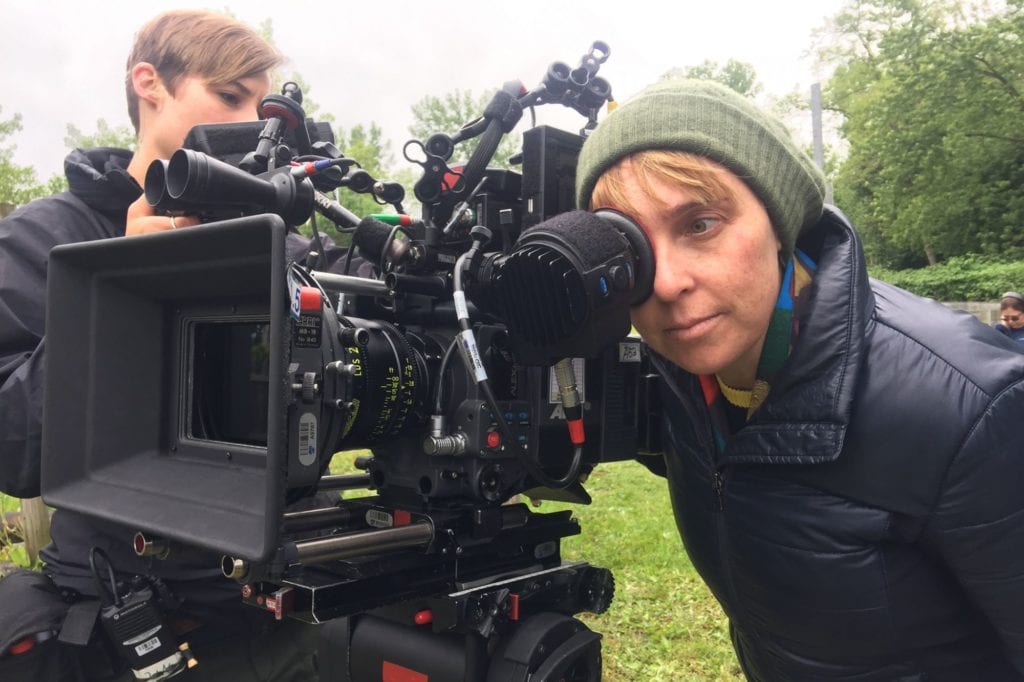
?Do we still have the problem that not a single female director was nominated for an Oscar this year when we had the best year ever of movies by women? Absolutely,? she continues. ?It was a problem. That has to do with money. Unless there’s a category specifically for women in the Oscars or Golden Globes for directing and there’s a reason why a distributor will put money behind a campaign specifically for a woman who is not an actress… It’s only going to happen if they can make money off of the ‘Oscar winner’. Right now, they don’t go out of their way to select movies that are directed by women. They go out of their way to select the movies that they think have a chance. Also, people vote for their friends. This is in SAG Awards, PGA and whatever. It’s always the idea [there’s] a ‘boys club’ and it’s true. But more and more women are breaking into that boy?s club. The more we get into the boy?s club, the more it will [improve]. Awards campaigns are very expensive and the only reason that you do it is to make more money. So, until there’s a financial interest for distributors to literally invest in a campaign for female directors, I don’t see it taking great strides.?
Although she recognizes that dividing the Best Director category has its complexities, she also believes that doing so would create more opportunities for notoriety and financial gain for everyone involved.
?Do I want to be called a female producer or a female director? No, I want to be thought of as a director and a producer,? Bailey contends. ?It doesn’t matter what my sex is. However, the only way I can see us really jumping in and getting money behind us for being a director is if there’s a category for it, personally. Now, I know that a lot of people that disagree with that because they don’t want to be singled out, you know? There?re also sexual identity stuff and nonbinary people, people who don’t identify as either sex so, I do understand the complexities. It’s certainly not something I’m going to campaign for. It’s too controversial but I have a distribution business myself. I’m a partner at the Film Arcade so I know how it works. I have a production company and so I know how it works. And, at the end of the day, whether it’s doing a small campaign for a Spirit Award or doing a big campaign for the Oscars, it’s all about money and what you can put on your website or your video case, your film poster, which is ‘Winner Of…’. Not until this year did I come to the thought [that] there should be a female director category because Mary Heller, Lulu Wang… and all these other movies that were smaller movies that were brilliant should have been nominated for directing and they were not. But yet they would have been if we had a female director category. So, that’s where it gets a little tricky. I don’t think it will happen, but that’s just what I think.?
?The only reason that women and men [acting categories] are [separated is] because, back when they started it, getting Marilyn Monroe and getting these fancy, beautiful, iconic actresses that were movie stars to show up was how they got people to watch the show. No one [cared] about the costume designers or whatever before. But now, it’s become an art form that’s much more about filmmaking than movie stars.?
However, what?s far more important than awards campaigns is the issue of equal pay within the industry. Even though she sees that progress has been made as a result of recent social movements, Bailey also recognizes that there continues to be tremendous imbalance behind the scenes.
?People are talking about it but, to be honest, the deal I was just making with two other men, I, once again, was asked to not take a fee,? she remembers. ?So, it’s not changing for me as a producer. I did have to demand that I get paid what everyone gets paid. My friend also is a producer on a big movie right now that got shut down. She also had an issue where they were paying her $25,000 less than the two men who are doing less work. I mean, it is a big problem still and it is still happening. It is really annoying and upsetting when you go through it. And I’m done. My whole life has taken less than men on every single movie I’ve ever made or been asked to and I’ve done it. Me and my colleague Amanda have to split a fee, one fee for the two of us, where the other guys will get their own. It’s just shocking and I’ve had to fight just for that. So, now I have a resume that’s big enough that I have enough confidence in myself to be able to say that I’m not going to do this movie or this TV show, you know? I just had to take a hard line. I started the hard line about four years ago with Swiss Army Man. I did get paid less on that movie than the other producer… And my office did all the work. Amanda got paid less as well. I had to fight for us to get paid at all on that. That was obviously before MeToo or Time’s Up. But now, I’m not accepting anything less than equal. If I’m doing the equal work, I’m just not. If I’m not doing equal work, I get it. I don’t want to pay a man the same as me if I’m doing more work. That’s pretty much always happening. I love men… There are men [that] I admire. Several men have mentored me more than women have in this business. My agents and managers, they were the first to believe in me and I really appreciate them.?
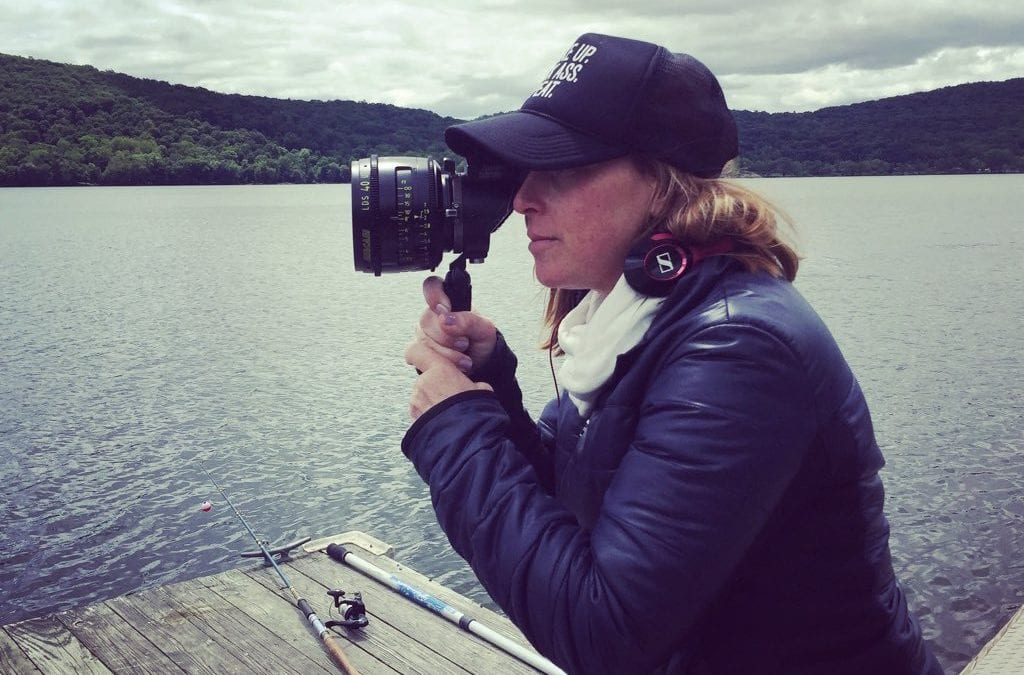
Looking forward, while she may not have any specific path in mind, Bailey very much hopes to see awareness of the issues of disparity continue to build so that more people can receive opportunities to succeed.
?I’m not one for mandates, myself,? begins Bailey. ?It’d be great to have more PSAs about it frankly and bring more awareness into it because I don’t think people understand. I know my son who’s 12 does not understand. He thinks that the ?pink tax? is a hoax. He thinks that there’s no such thing as ?fair pay? just because that’s not a real thing. It is! I didn’t experience this, but my mother did. Women weren’t allowed to get their own credit card or buy their own house without a man co-signing for them. Women weren’t allowed to get jobs. One of the things with Rotten Tomatoes that was probably why it was hard for them to have a more diverse selection of critics, [is] because their standards at the time? were things like you had to work at the New York Times for the last ten years. Those jobs 10 years ago were not given to women or people of color. So, when your restrictions are set with the resume you need to have, it’s a lot harder for women or people of color because we weren’t able to get those jobs. (I’m certainly not comparing what women have gone through with people of color. I think that people of color have had a much harder time than white women and women of color have had really hard times getting jobs as well.) I think we just have to be more open to taking people who aren’t as experienced, believing in people who need a chance, who haven’t had the ability to make twenty movies before now. Maybe they’ve done one. Maybe they’d done a short. I think that people with money, which isn’t necessarily me or indie films, but studios, television series and whatnot, need to be able to be willing to bring on female directors. ?
When she considers which current female voices in the industry she?s most excited about, Bailey believes that there are several high-quality filmmakers that are worth keeping an eye on.
?I think Lulu Wang and Alma Har?el?s work are very exciting to me right now in terms of female directors and ones to watch,? she says enthusiastically. ?Where will they be in five years? I hope that they’ll be huge, personally. You know how Wes Anderson has or the Coen Brothers or Baumbach have a [specific] look? I think there’s this girl named Suzi Yoonessi that’s [directed] a couple of films and she’s had very little money to work with… And I’m not saying not the greatest films in the world, but she definitely has a really interesting style, I think. I’m curious to see if that style gets embraced. It’s definitely kind of girly pop-y style, which I haven’t seen before. So, those are a couple of filmmakers that I think are really interesting right now?.
To visit Cherry Picks, click here.
For complete audio of our conversation with Miranda Bailey, click here.

